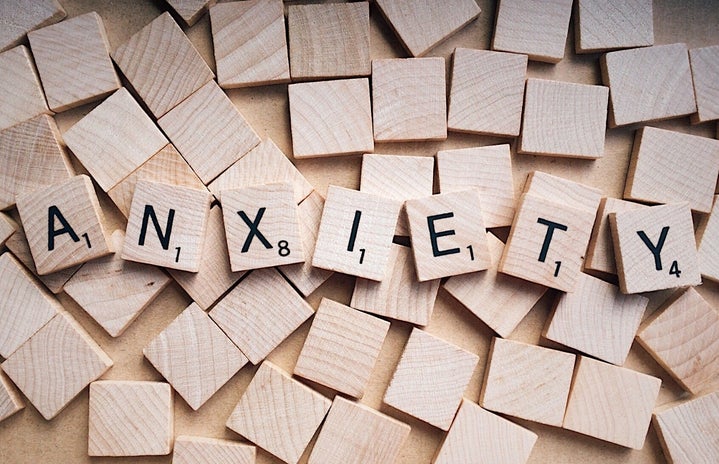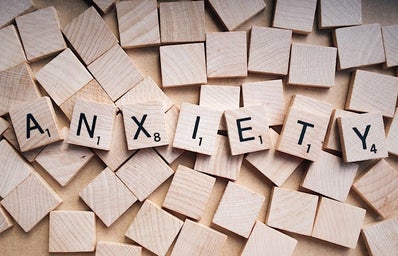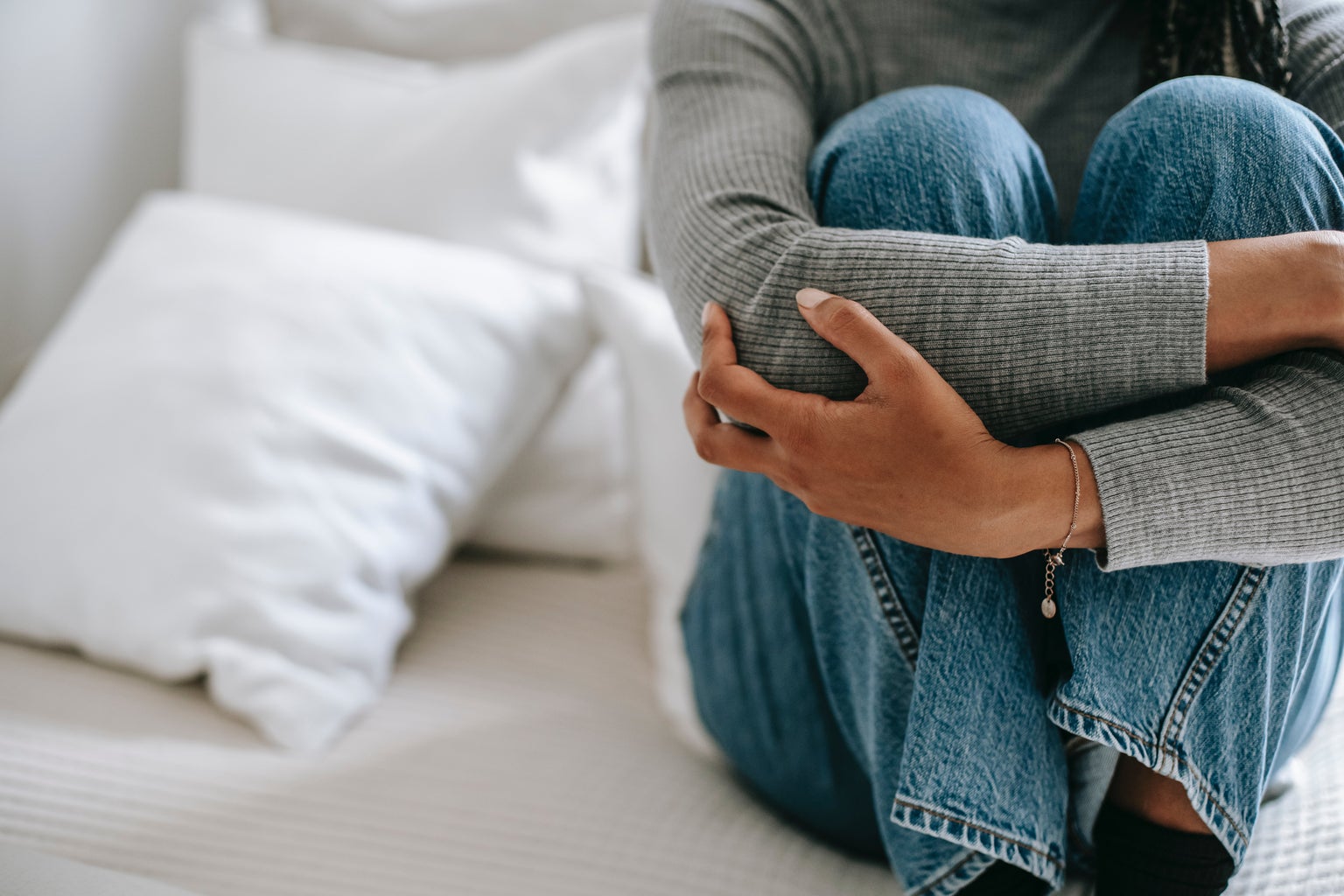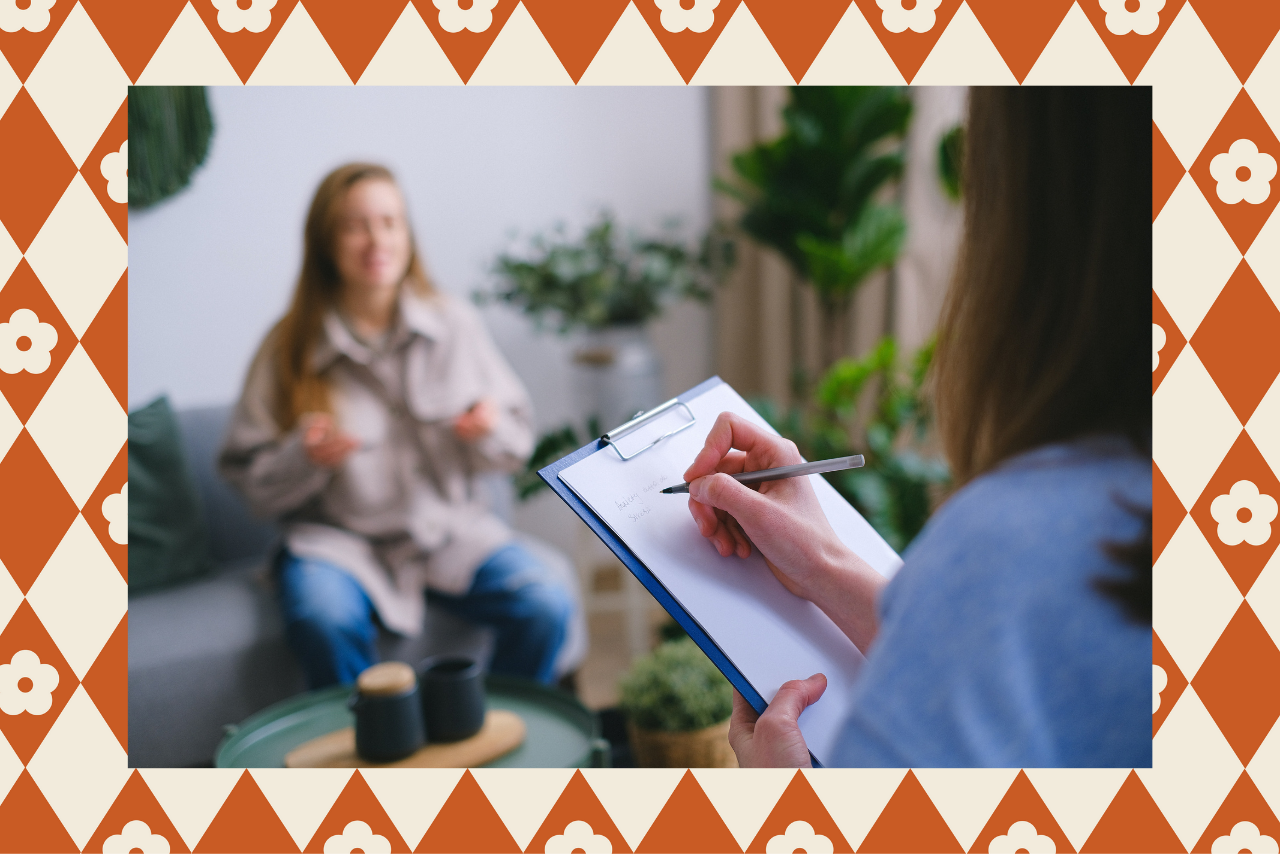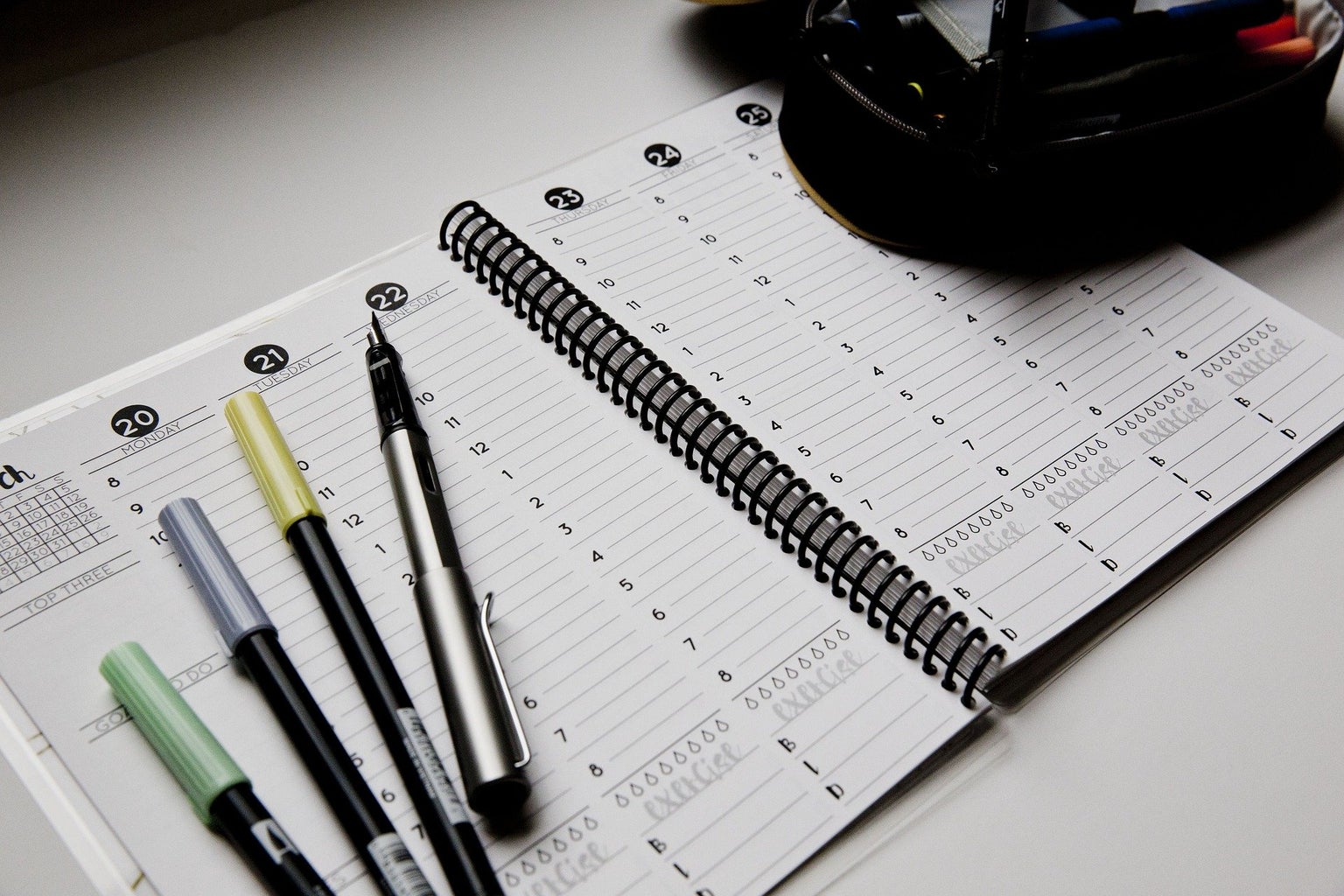Like many, I have struggled with anxiety for as long as I can remember. It has been a hard battle with many ups and downs. Sometimes I feel like I’ve gotten rid of it, and other times I feel like it controls me more than I control myself. From a very early age, I knew that something was different about me compared to the other kids. I would worry about the smallest things to the point of tears and would already have existential dread when it came to things like death all at the age of 7.
As I continued to get older, I continued to ignore my anxiety because I felt like the only people that were allowed to have anxiety were those in poor living conditions, I had loving parents, a roof above my head, food on the table, and clothes on my back so I was very confused why I was feeling this way. Fortunately, I have learned a lot since then and discovered that anxiety doesn’t discriminate, it affects the rich and the poor, the healthy and the sick all the same.
Once I accepted that I had anxiety, I immediately hated it. There was a constant war in my brain where my anxiety and I were fighting over the steering wheel that controlled my life. There were days when I was so filled with anxiety, that every little thing that I did had to be completely analyzed to ensure they wouldn’t ruin my life. I did a lot of research about anxiety in high school, mostly looking for a “cure,” but also just trying to understand what was happening inside of my head. I discovered that there are three different types of anxiety disorders; generalized anxiety disorder, panic disorder, and phobias. During this research, I could tell that I had generalized anxiety disorder or GAD.
GAD is what most people consider when they think of anxiety, where people worry excessively about ordinary issues like health, money, work, family, etc. Living with GAD doesn’t have to be a constant battle like what I was having, and through my research, I learned a lot about different ways that people have learned to deal with GAD. One of the most popular ways is called Psychotherapy aka therapy talk. Unfortunately for me, I didn’t want to tell anyone about my anxiety and actually felt like it would be better if I didn’t tell anyone at all. So, going to a therapist was completely out of the question. But that didn’t mean I couldn’t continue to do research and maybe help myself through the beauty that is the internet.
I found that there are subsections of psychotherapy; cognitive behavioral therapy or CBT and acceptance and commitment therapy or ACT. Since I was doing a lot of this research during my freshman year of high school, the words “cognitive behavioral” kind of frightened me and I steered away from that. But the second one, acceptance and commitment therapy sounded like exactly what I was looking for. So I began to look into ACT and really enjoyed what I found. Essentially, ACT works by teaching people to stop denying, avoiding, or struggling with their inner emotions and instead accept them. It was invented in the 1980s by psychologist Steven C. Hayes who got the idea from his own history of panic attacks. One day, he vowed to stop running from himself and instead accept himself and his experiences saying, “We as a culture seem to be dedicated to the idea that ‘negative’ human emotions need to be fixed, managed, or changed—not experienced as part of a whole life. We are treating our own lives as problems to be solved as if we can sort through our experiences for the ones we like and throw out the rest.” I was completely intrigued with this idea and soon agreed with Hayes. I didn’t need to be fixed or changed or avoid my feelings and only accept the ones that I like.
And although it took longer than I expected, within a couple of months. I began to allow myself to accept the anxious feelings I was having, the constant worrying of different things and the fear of life going horribly wrong. Because, as Hayes had said, these feelings were necessary to experiencing a whole life. I began to love my anxiety and soon enough it felt like I had one hand on the wheel, anxiety had the other, and together we managed my life pretty well. As years went on, I began to also see the different ways that my anxiety has actually helped me in my life.
The biggest way that my anxiety helps me with academics. I was always told that I was an incredibly wise child but I couldn’t help but notice now that that was because of my anxiety making me worry about school constantly. I hated the idea of ever missing school and the thought of turning in assignments late would make me want to throw up. Due to this, I almost never missed school and ensured that my assignments were turned in on time or even before the due date.
After realizing that my anxiety had helped me out so much at school, I started to see all the other ways that it had also helped me. It pushed me to be kind to new people I met, to make sure they didn’t end up hating me and pushed me to do things that excited me due to the fear of never getting the chance again. Soon enough, I truly believed that my anxiety was a great tool in my life that didn’t need to be eradicated. And while yes, of course, anxiety isn’t something that should be wanted or celebrated, even. But I also don’t think it deserves to have the bad reputation that it has today. I love my anxiety, and while sometimes it can harm me, it also helps me. It is a part of me, has always been a part of me, and will always be a part of me. I’m so happy that I have learned to love my anxiety.
